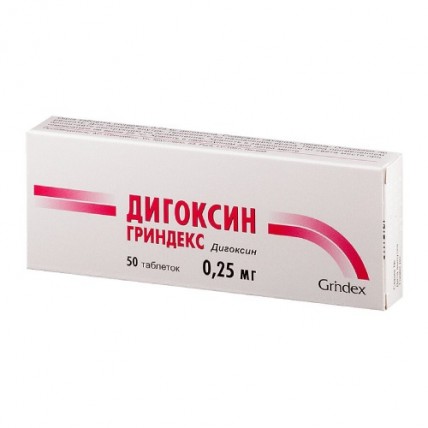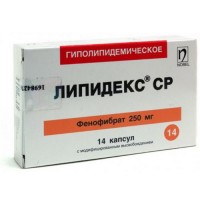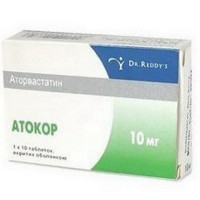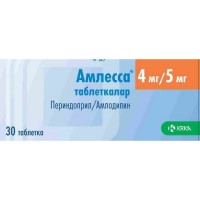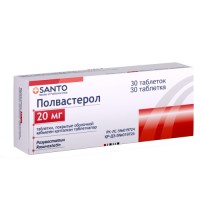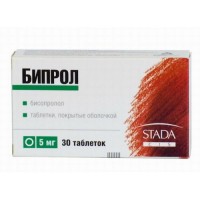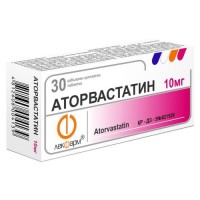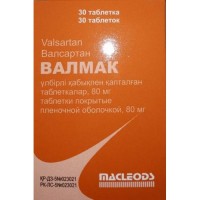Digoxin 0.25 mg, 50 tablets
- $8.00
What is Digoxin?
Digoxin is a medication commonly used to treat certain heart conditions, particularly heart failure and abnormal heart rhythms such as atrial fibrillation.
It belongs to a class of medications known as cardiac glycosides, which are derived from the foxglove plant (Digitalis lanata).
Digoxin helps the heart work more efficiently by improving the strength and efficiency of heart muscle contractions, and by regulating the heart's rhythm.
For people with heart failure, Digoxin helps the heart pump blood more effectively, reducing symptoms such as fatigue and shortness of breath.
In patients with atrial fibrillation, a type of irregular heartbeat, Digoxin helps to control the heart rate by slowing electrical signals within the heart.
This dual action—strengthening the heart’s pumping ability and regulating its rhythm—makes Digoxin an important medication in managing chronic heart conditions.
Because Digoxin affects the electrical activity of the heart, it requires careful monitoring to ensure that the dosage is appropriate and effective for each individual, as the range between a therapeutic and toxic dose can be narrow.
What are the uses of Digoxin?
Digoxin is primarily prescribed for:
- Heart Failure: It helps the heart pump more effectively, especially in patients with weakened heart muscles.
- Irregular Heartbeats: It is used to control the heart rate in patients with atrial fibrillation, a common type of irregular heartbeat.
How does Digoxin work?
Digoxin works by increasing the force of your heart's contractions, helping the heart pump more blood with each beat.
It achieves this by inhibiting a specific enzyme (Na+/K+-ATPase), which increases calcium levels in the heart cells.
The increased calcium helps the heart muscle contract more strongly.
Additionally, Digoxin slows down the heart rate by affecting electrical signals within the heart, making it effective for controlling certain types of irregular heart rhythms.
How should Digoxin be taken?
Digoxin is usually taken orally, with the dose adjusted individually for each patient. There are two phases in Digoxin treatment:
- Initial Digitalization: This phase helps the body reach therapeutic levels of the medication quickly, often taking 2-3 days.
- Maintenance Therapy: Once the desired effect is achieved, the patient is switched to a maintenance dose, typically ranging from 0.125 mg to 0.25 mg per day, depending on the individual's condition.
For elderly patients or those with kidney issues, lower doses are often recommended, as Digoxin is cleared from the body via the kidneys.
What should I do if I miss a dose?
If you miss a dose of Digoxin, take it as soon as you remember.
If it's almost time for your next dose, skip the missed dose and continue with your regular schedule.
Do not double the dose to make up for the missed one. Always follow your doctor's instructions regarding dose adjustments.
What are the potential side effects of Digoxin?
Like any medication, Digoxin may cause side effects, though not everyone experiences them. Common side effects include:
- Drowsiness and dizziness
- Blurred vision, or seeing objects with a yellow tint
- Nausea, vomiting, or diarrhea
- Abnormal heart rhythms, including very slow or fast heartbeats
Less common side effects include depression, allergic reactions, and, in rare cases, confusion, hallucinations, and psychosis. In severe cases, especially if taken in excess, Digoxin can cause life-threatening heart problems.
Are there any precautions or interactions to be aware of?
Digoxin can interact with several other medications, so it's essential to inform your healthcare provider about any other drugs you're taking. For instance:
- Diuretics and Corticosteroids can increase the risk of abnormal heart rhythms.
- Calcium supplements can worsen Digoxin toxicity.
- Beta-blockers and calcium channel blockers may increase the risk of a slow heart rate or heart block.
Additionally, Digoxin should be used with caution in patients with kidney problems, as reduced kidney function can lead to higher levels of the drug in the blood, increasing the risk of toxicity.
How should Digoxin be stored?
Store Digoxin tablets in a cool, dry place away from direct sunlight.
The recommended storage temperature is below 25°C (77°F).
Keep the medication out of the reach of children and do not use it beyond its expiration date.
What happens in case of Digoxin overdose?
Digoxin has a narrow therapeutic range, meaning the difference between a therapeutic dose and a toxic dose is small.
Overdose symptoms may include severe nausea, vomiting, confusion, visual disturbances, and dangerously abnormal heart rhythms.
In such cases, medical attention should be sought immediately, as Digoxin toxicity can be life-threatening.
